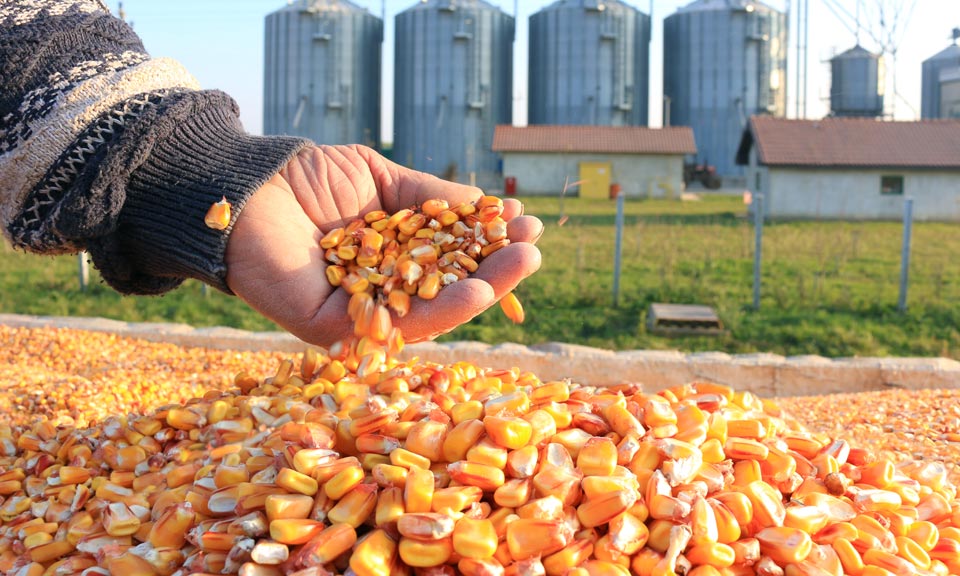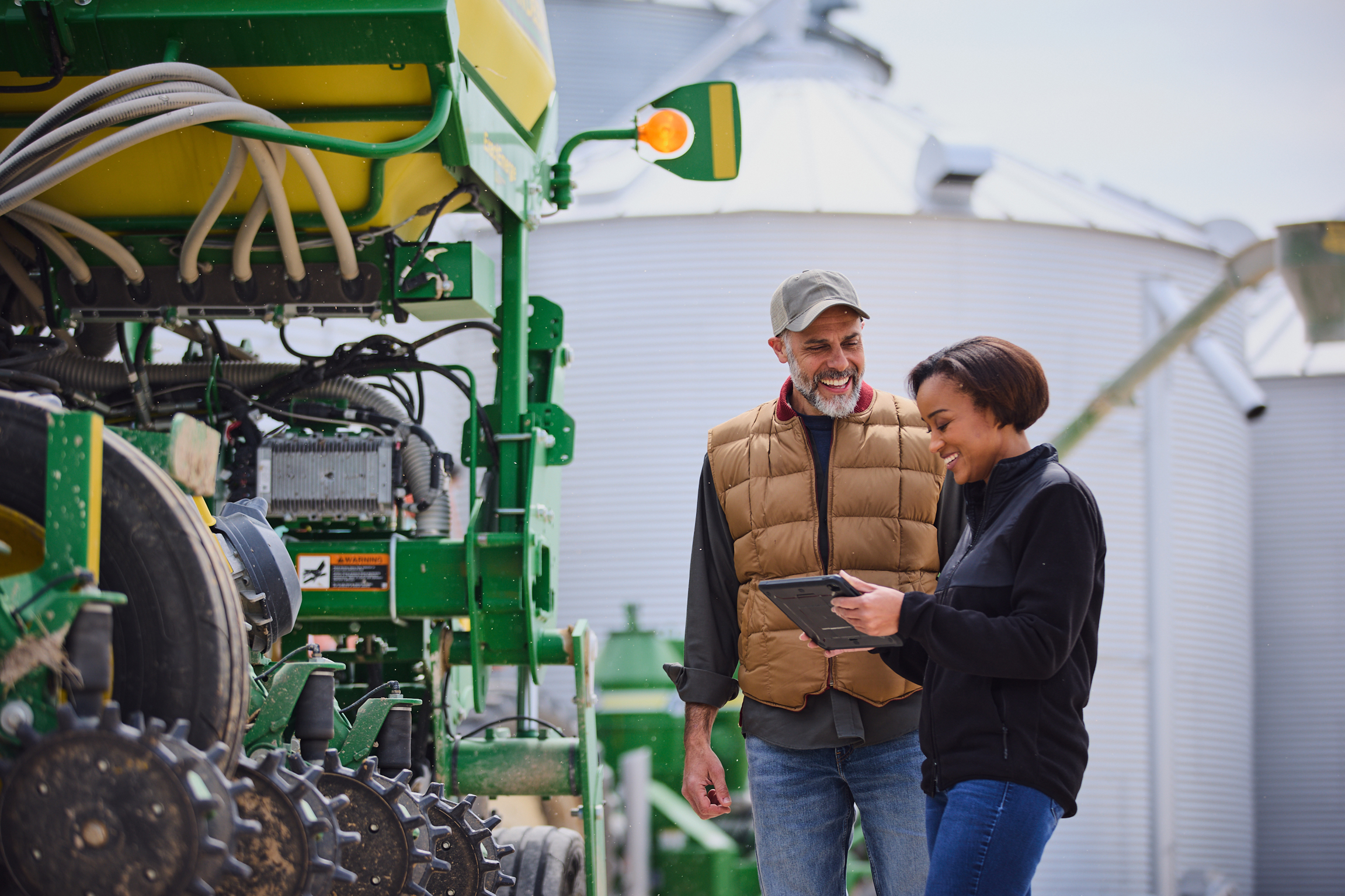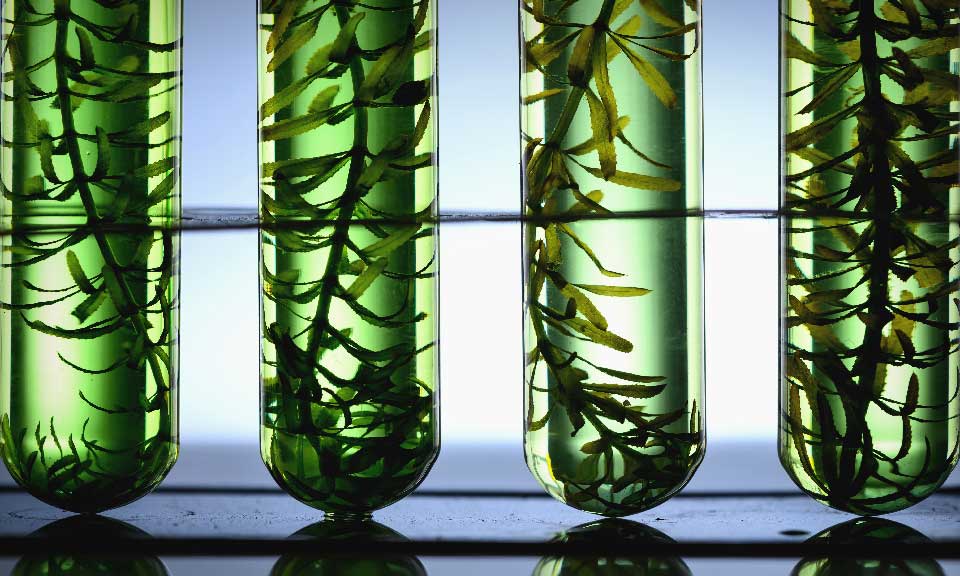EU’s corn deficit highlighted by loss of imports from Ukraine: Tallage

The European Union's structural deficit in corn has been highlighted by Russia's invasion of Ukraine, its main source for imports of the feedgrain, said agricultural consultancy Tallage, which expects the resultant destocking to reduce the region's stocks to their lowest level since 2013.
"There is a structural deficit of 13.5 million mt on average between domestic supply and demand," said Benoit Fayaud, grain and crop analyst at Tallage.
In slides that were circulated March 29, Fayaud noted that the EU's pigs, chicken, sheep and cows will consume a combined 131 million mt of feed grains in 2021-22.
Corn's share of the European Union feedgrain market has grown to 44% in the 2021-22 marketing year from 35% in the 2009-10, Fayaud told an audience in Paris on March 23. By contrast, the share of feed wheat and barley has fallen to 32% and 25% respectively.
The EU produced 65 million mt of corn in the 2020-21 marketing year (October to September) and required 56 million mt to feed its livestock and an additional 17.7 million mt going for ethanol, corn starch and human consumption.
Related Interactive:Ukraine-Russia conflict shakes agriculture supply chains, raises food security concerns
Prior to Russia's invasion, Ukraine had been expected to provide just over half of the EU's 14.7 million mt in corn imports for the 2021-22 marketing year, according to Fayaud. While shipments between EU countries were seen at 18.1 million mt, primarily from Poland, France, Romania, Bulgaria and Hungary to Spain, Portugal, Benelux Germany and Italy.
The closure of Ukraine's ports will boost those intra-EU shipments, leading to a decline in stocks from 3.8 million mt at the end of September 2021 to 3.2 million mt at the end of September 2022, Fayaud said.
Given the absence of Ukrainian imports, Tallage has raised its estimate for this marketing year's imports into the EU from North America, Brazil and Argentina. It now expects the EU to take 7 million mt from those origins, compared to its earlier estimate of 5.5 million mt.
The call on South American supplies has raised additional challenges for importers in the EU, where there are restrictions on the use of genetically modified corn. The majority of Argentina's production is genetically modified. Spain's agriculture minister on March 9 appealed to the EU to relax its import controls, and the country has temporarily relaxed restrictions on residues from pesticides that are commonly used in Argentina.

News
Bayer AG has announced the pilot of an expert generative AI (GenAI) system that “quickly and accurately” answers questions related to agronomy, farm management and Bayer agricultural products. The pilot has been developed in collaboration with Microsoft as leading technology partner and Ernst & Young (EY) as an industry partner, the company said. The system is the result of Bayer using proprietary agronomic data to train a large language model (LLM) with years of internal data, insights from thousands of trials within its vast testing network and centuries of aggregated experience from Bayer agronomists around the world, the company said. “Our unique GenAI system has the potential to serve agronomists and benefit farmers all over the world, further advancing AI as an indispensable technology for agriculture,” said Amanda McClerren, CIO and head of digital transformation & information technology for Bayer’s crop science division. Bayer said it is exploring ways to integrate the expert GenAI system into its digital offerings, and the company anticipates broad opportunities for collaboration with other agricultural offerings and partners. “Bayer aims to expand the pilot of the expert GenAI system to selected agronomists and potentially farmers as early as this year, while continuing to advance a separate GenAI prototype allowing users to directly query their own farm data,” the company said. In addition, the partnership between Bayer and Microsoft enables the company to bring ready-made capabilities, AgPowered Services, to the agri-food industry, such as Bayer’s Historical Weather that brings a comprehensive weather dataset to Azure Data Manager for Agriculture that spans the last 40 years and provides detailed, field-level weather insights across global agricultural regions, the company said. Integrating tools from IBM, including from the IBM Environmental Intelligence Suite, the new capability, which was previously available for internal use only, can inform weather risk assessments and actuary processes, Bayer said. It will also be used by Bayer and others to forecast crop seasonality and production changes year over year, as well as train agronomic models, it said. Meanwhile, Bayer is developing a connector that enables access to irrigation data from Lindsay Corp., an industry-leading irrigation solution provider. This expands the data types available to Azure Data Manager's enterprise customers, making it possible for them to connect to irrigation data in the same way as weather, imagery, original equipment manufacturer (OEM) and other data types, the company said. The new cloud offerings will also support regulatory and sustainability reporting, such as providing supply chain traceability that can help ensure compliance with new laws such as the EU Deforestation Regulation, which is expected to go into effect at the end of 2024, Bayer said. This article was first published in chemweek.com. Photo credit: Bayer

News
Asia has seen the fastest growth in biofuels production and exports globally, driven by government policies and export markets for feedstocks. To capitalize on the boom, governments have rapidly pushed out biofuel mandates focused around their country’s main agricultural products. Presently, the largest biofuel producers in the region are China, India, Indonesia, Malaysia, the Philippines and Thailand. Here’s a ready reckoner for Asia’s major biofuel policies along with production, trade and prices. Click for the full-size infographic